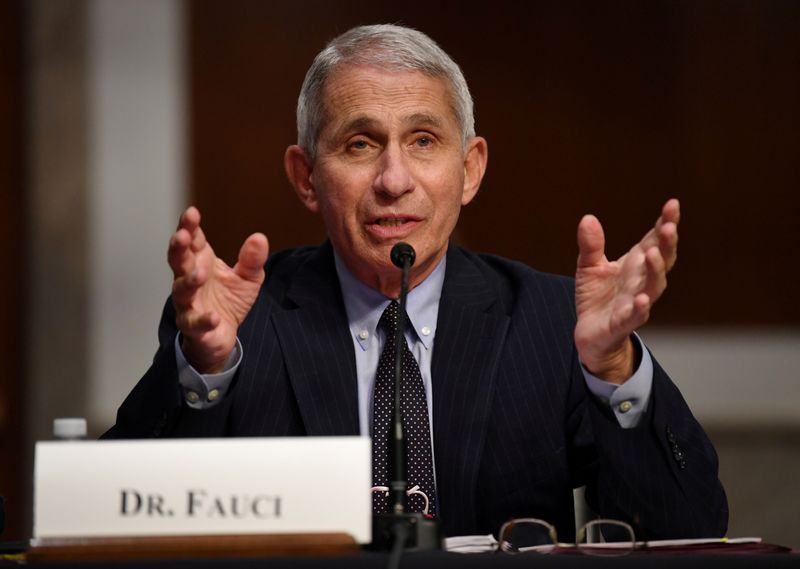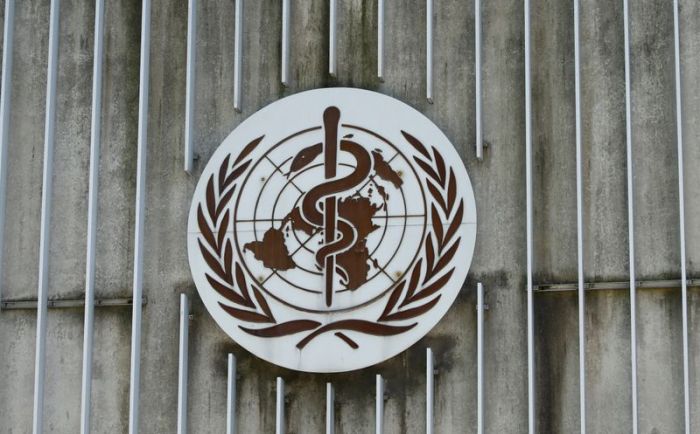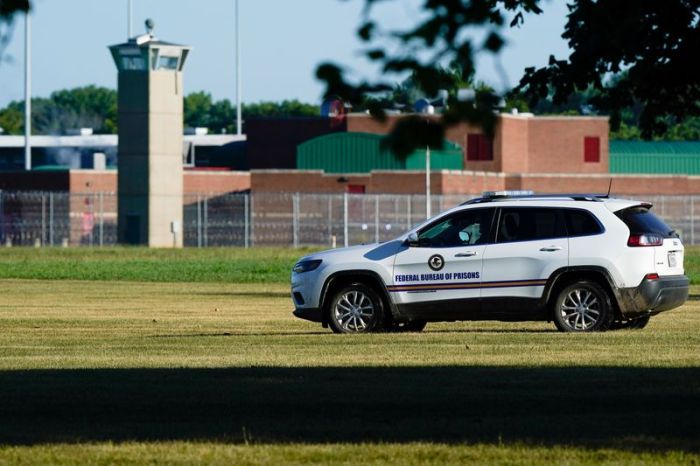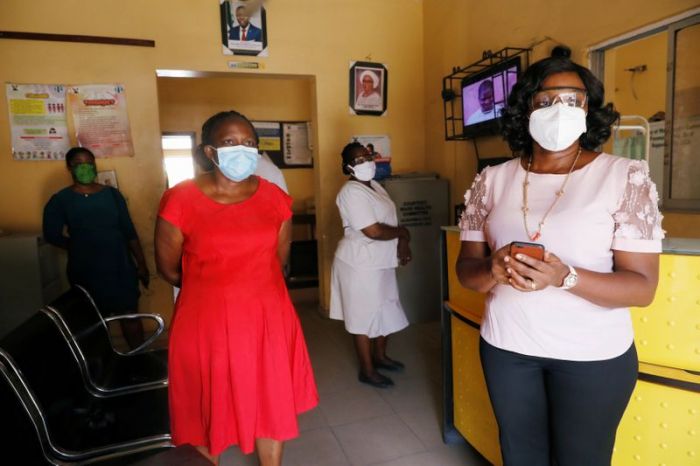(Reuters) – U.S. school districts hit hard by the coronavirus outbreak, under pressure from President Donald Trump to resume classes, should decide for themselves whether to reopen based on their circumstances, leading infectious disease expert Anthony Fauci said on Tuesday.
Asked his views in light of Trump having urged schools to reopen as quickly as possible, Fauci, director of the National Institute of Allergy and Infectious Diseases, said, “We should try, as the default, to get the kids to stay in school.”
“If you’re in the part of a country where the dynamics of the outbreak are really minimal, if at all, then there’s no problem at all in getting back. If you’re in a situation where you’re in outbreak mode, then you leave it up to the local individuals,” he said, speaking at an online event hosted by Georgetown University.
Tensions between Trump and Fauci have risen with the decline of Trump’s popularity in opinion polls over the president’s handling of the outbreak. Fauci’s White House briefings on COVID-19 have made him a household name.
Facing a battered economy as he seeks re-election in November, Trump has pressured schools to reopen, saying the Treasury Department would re-examine their tax-exempt status and federal funding if they did not resume in-person classes.
It was unclear how Treasury could restrict funds. Most primary and secondary school funding is local.
With the new school year due to begin in weeks, some U.S. districts have announced plans to reopen for students who want to attend in-person classes, while others will offer only online instruction or a mix of classroom and remote learning.
The United States has reported record numbers of new coronavirus cases in recent days, with much of the surge coming from Arizona, California, Florida and Texas.
Fauci said he expected deaths to rise along with hospitalizations in those regions, but because the infections are affecting younger people more than in previous surges, the death rate should remain below the earlier peak.
“We will likely see some more deaths as people get hospitalized, but I doubt that it’s going to go up to the extent that we’ve seen before,” he said.
(Reporting by Michael Erman; Editing by Leslie Adler and Howard Goller)





















